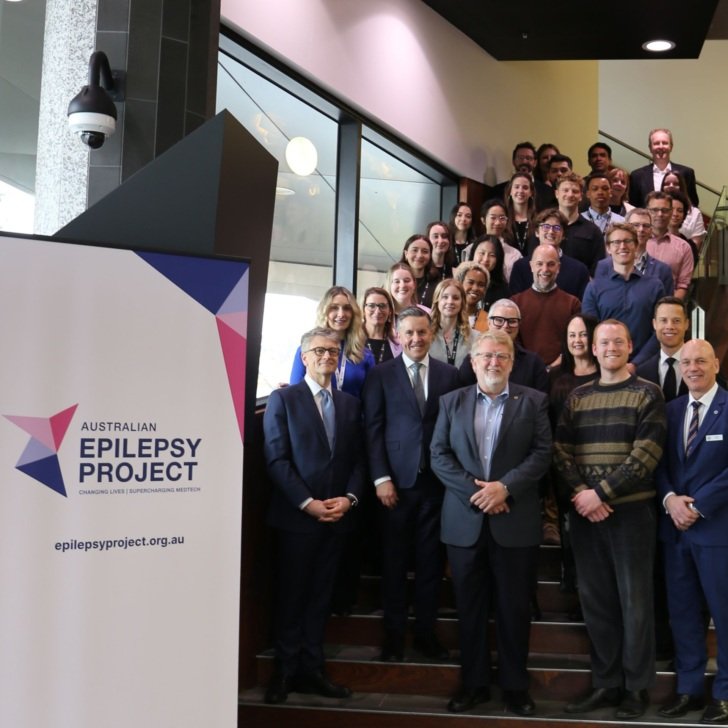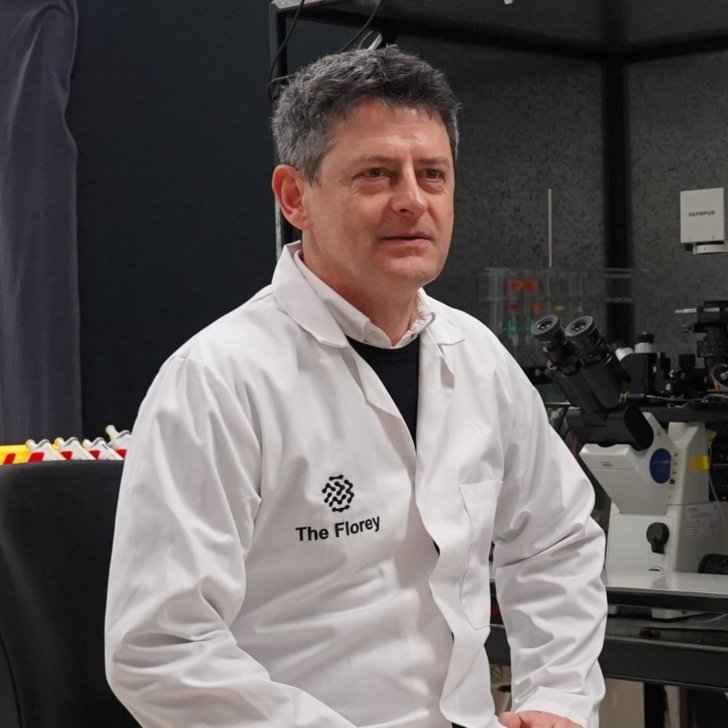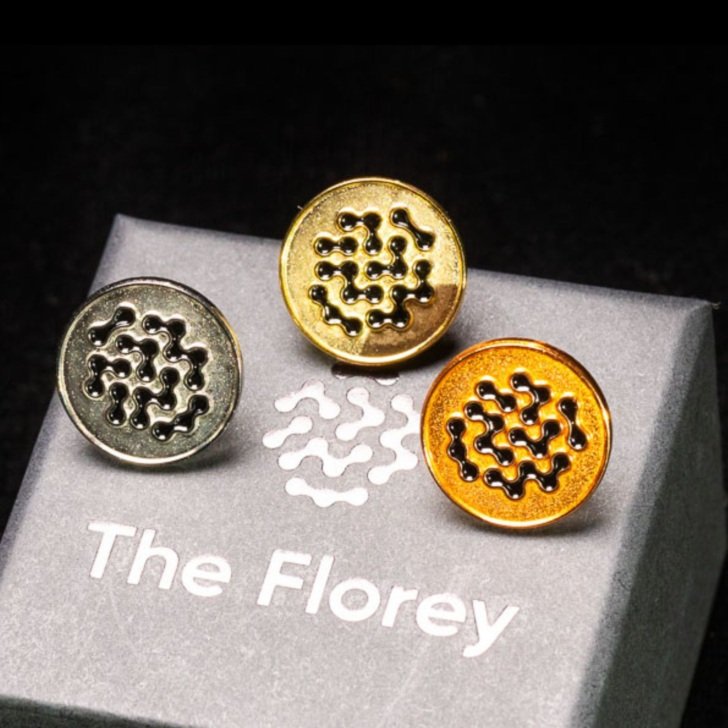- Florey researchers have shown that a diagnostic blood test for Alzheimer’s disease works well on widely-used clinical pathology equipment, not just on specialised research devices.
- The test detects Alzheimer’s disease and indicates how advanced a person’s disease is.
- Researchers hope it will help doctors select individuals for treatments that work best in the earlier stages of Alzheimer’s disease.
Diagnostic blood test for Alzheimer’s disease another step closer
Florey researchers – with Australian research volunteers – have evaluated a new diagnostic blood test for Alzheimer’s and found it to be a reliable measure of the disease’s presence and stage.
Plasma pTau217 blood tests have already been shown to accurately detect Alzheimer’s disease, but aren’t yet available in a clinical setting.
In research published in eBioMedicine, Florey researchers assessed the test’s performance on the Lumipulse-G® platform which is already in widespread clinical use globally, though is not yet approved for pTau217 tests.
Lumipulse-G® Plasma pTau217 belongs to Japanese diagnostic company Fujirebio, which expects it to be the first commercially-available blood-based in-vitro diagnostic for patients being assessed for Alzheimer’s disease in the US.

The study’s senior author Professor Christopher Rowe – clinical lead of The Florey’s Dementia Mission, and Director of Molecular Imaging Research at Austin Health – said the test proved ‘highly reliable’ in the Lumipulse equipment. Professor Rowe said:
We compared patients’ blood test results with a PET scan and found that plasma pTau217 not only confirms whether somebody has Alzheimer’s disease, but whether they are at intermediate or advanced stage versus earlier stages.
Co-first author Azadeh Feizpour said: “With a new generation of drugs emerging to treat Alzheimer’s disease, detecting a person’s stage of disease is going to be important.”

The results were based on patient samples and PET scans provided to the Australian Imaging, Biomarkers and Lifestyle study of ageing (AIBL) and the Australian Dementia Network (ADNeT).
The findings mean that patients are one step closer to a widely available, low-cost test for earlier and accurate diagnosis of Alzheimer’s disease at a time when treatments for early Alzheimer’s Disease are emerging.














